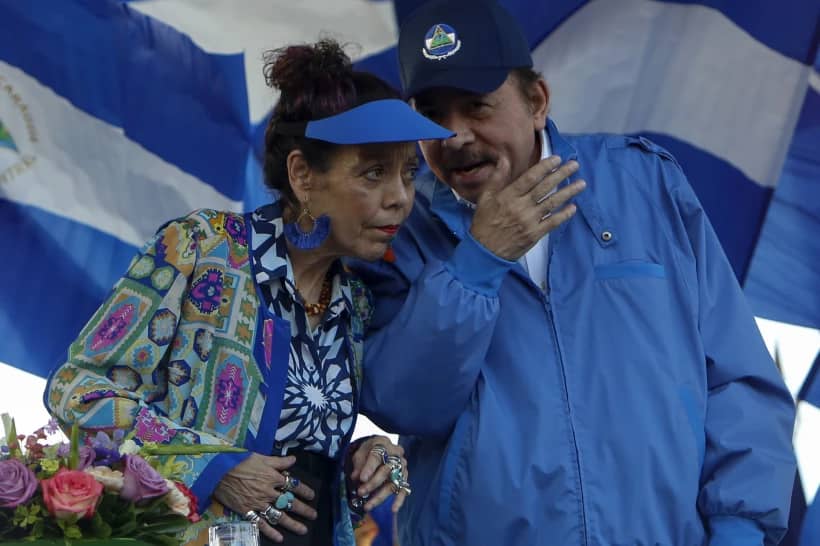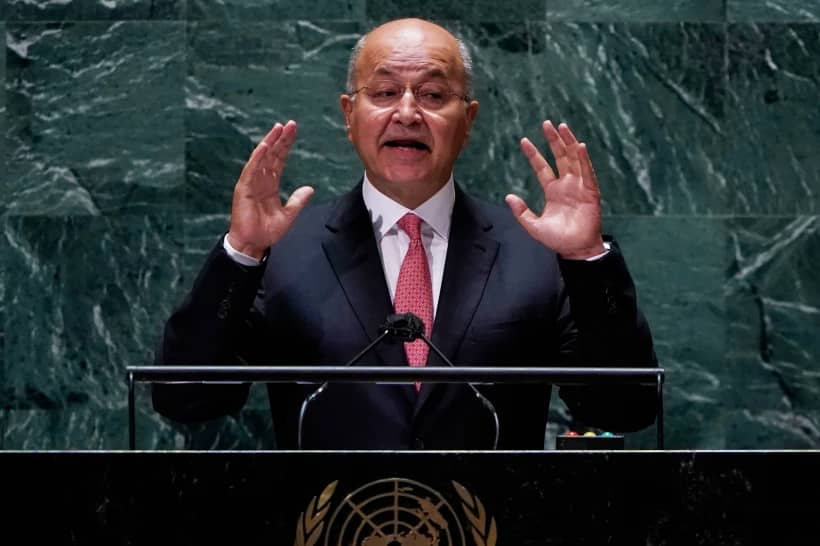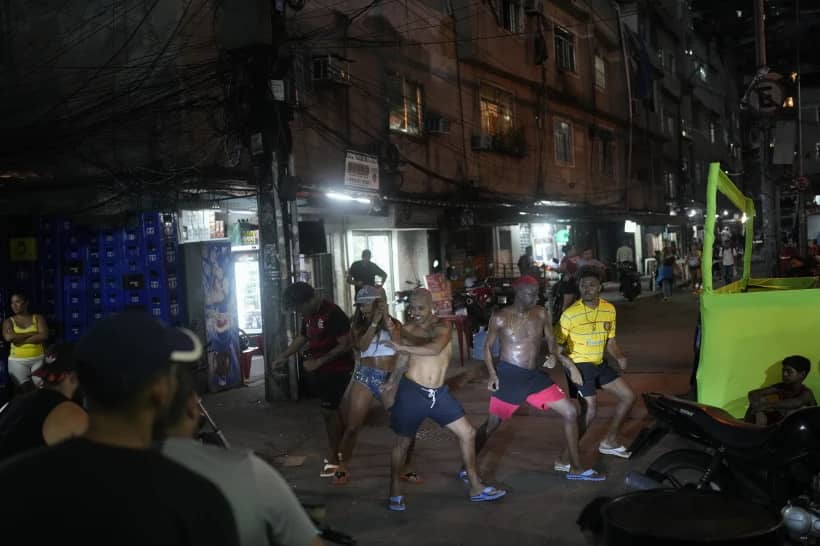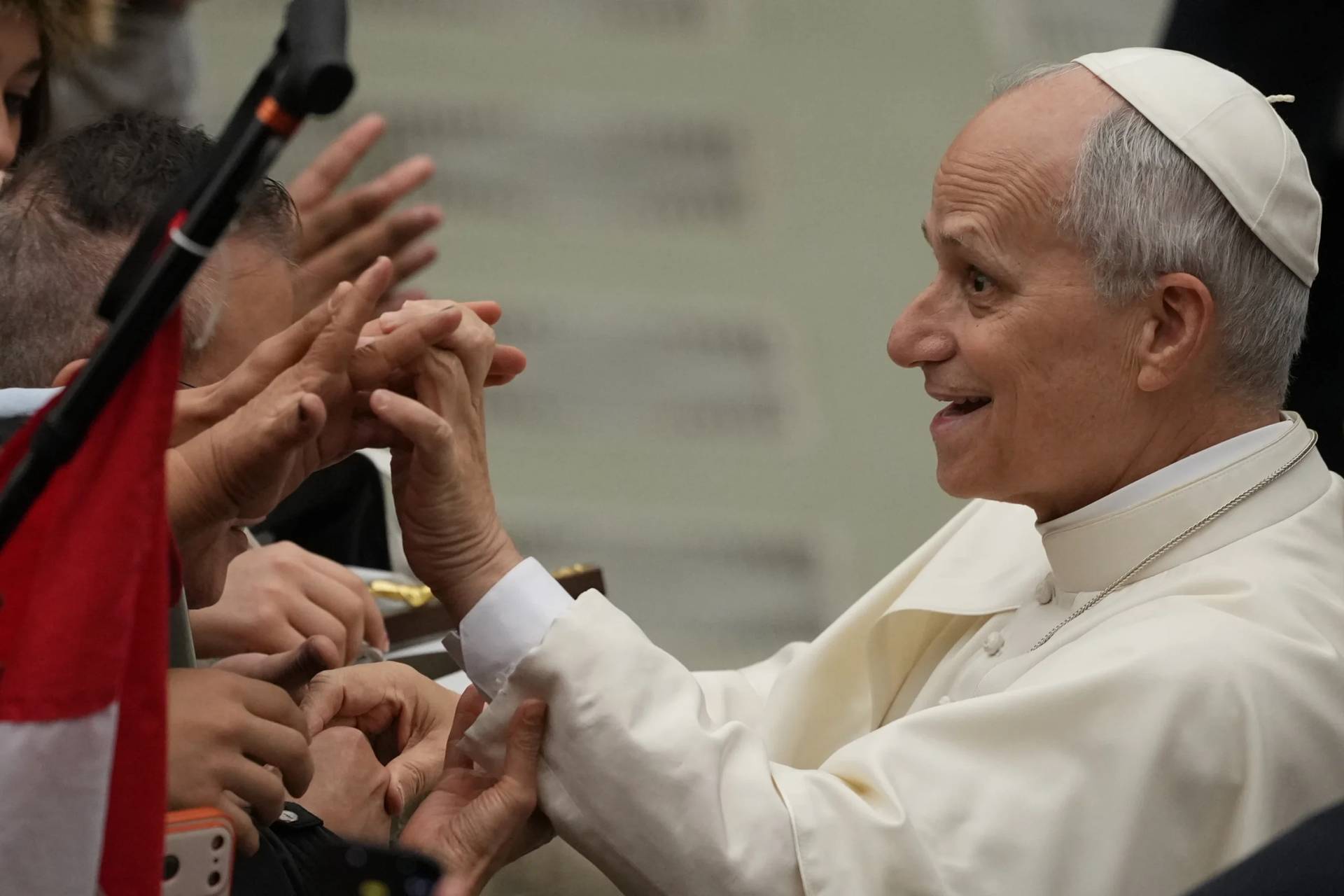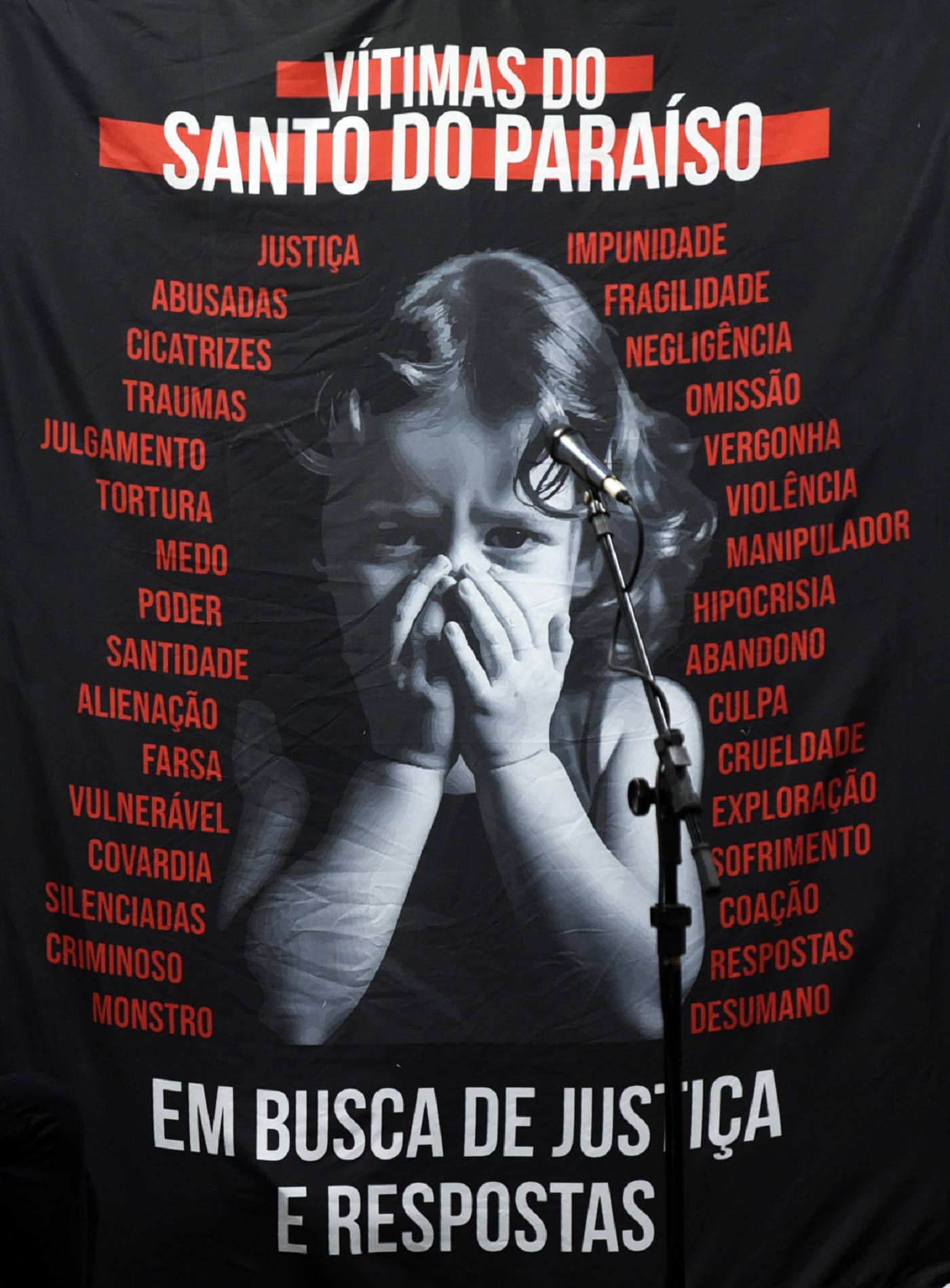ROME – As sporadic attacks against religious institutions continue in Chile, the leaders of the country’s faith traditions came together to ask the committee tasked with re-writing the national Constitution to guarantee religious freedom.
The 7-page document signed by Christians, Jewish and Muslim leaders refers to religious freedom “as an essential value of the democratic and social life of the country.”
Among other things, they request that, as the Constitution is re-written, the State considers faith as “a determining factor in the life of individuals and communities” and invites the commission re-writing it “to take into account international treaties and norms on this subject.”
The signatories of the document affirm that “few things are more fundamental, more important, for human beings than their personal religious or moral beliefs.”
RELATED: Chile cardinal pushes politicians to honor ‘non-negotiable values’
Signed by 11 leaders of the 10 major religious denominations in Chile, including the Catholic Church, The Church of Jesus Christ of Latter-day Saints, the country’s National Evangelical Union, and the heads of the Islamic and Jewish centers, the document is addressed to Elisa Loncon Antileo, president of the Constitutional Convention, and by extension, to all those tasked with re-writing the Constitution.
Chile’s decision to re-write the Constitution follows a referendum held earlier in Oct. 2020, which was prompted by a series of both peaceful and violent demonstrations in late 2019 that shook what had been one of Latin America’s most stable and seemingly successful countries.
At the heart of the protests was anger over narrowing opportunities and inadequate and unequal access to health care, pensions and education. The convention was offered by a discredited political class in November 2019 to provide a peaceful path out of a dangerous conflict.
RELATED: Chile’s bishops call on Catholics to participate in drafting new constitution
In May, 155 people were elected by popular vote to write Chile’s new Constitution. Included are a wide variety of people including lawyers, teachers, a housewife, scientists, social workers and journalists. Half are women, and 17 represent indigenous groups.
“In Chile there is separation of religious denominations and the State,” the religious leaders said in their letter, presented earlier this week. “Such separation implies the recognition and existence of religious denominations, which are an essential social factor in the search for the common good, their limits being public order, good customs and morals.”
The State acknowledging religious confessions does not imply that it promotes a particular religious faith nor assumes a specific one, but “that it considers it as a determining factor in the life of individuals and communities, which is an ancillary to the State’s own mission of promoting the material and spiritual welfare of citizens without distinction of any kind.”
They also argued that, given the fact that those who follow a religion are also citizens, they understand that “the values and ethical and moral principles that flow from the experience of a religious confession are a very important element for the development of civic virtues and social coexistence and civic friendship.”
“We all understand that few things are more fundamental, more important, for human beings than their personal religious or moral beliefs,” the letter continues, adding that “we therefore believe that the drafters of the new Constitution should consider all the knowledge and wisdom acquired in the past with respect to freedom of religion, conscience and belief. We encourage those drafting the new Constitution to undertake a careful study of this issue and to implement the truths that humanity has learned regarding the importance and meaning of freedom of religion.”
The document was hand-delivered on Tuesday, a day after the Constitutional Assembly began working in eight different groups to produce the first draft.
Hours earlier, a group of unknown people who were reportedly marking the two-year anniversary of the protests that led to the new Constitution ransacked and set fire to the offices of the Diocese of Talca, located in the central area of Chile.
“Being victims of this irrational violence – continues the statement – helps us understand and empathize with the pain that so many people have experienced in similar circumstances in recent times,” said a statement released by the diocese. “We think especially of those who have been affected in their sources of employment.”
The Diocese of Talca reiterates that “peace and dialogue are the way to justice and development. This violence does not represent the aspirations of the vast majority of the country because it does nothing to solve the problems of Chile, especially those of the most vulnerable.”
Last year, during similar protests, two Catholic churches were set ablaze in Santiago, the country’s capital. In the southern region of the country, several churches of different denominations have been attacked in what is known as the “Mapuche conflict,” with the country’s indigenous population fighting for its rights. These protests are often violent, and target churches, even though the majority of the Mapuche are Christians.
Follow Inés San Martín on Twitter: @inesanma








